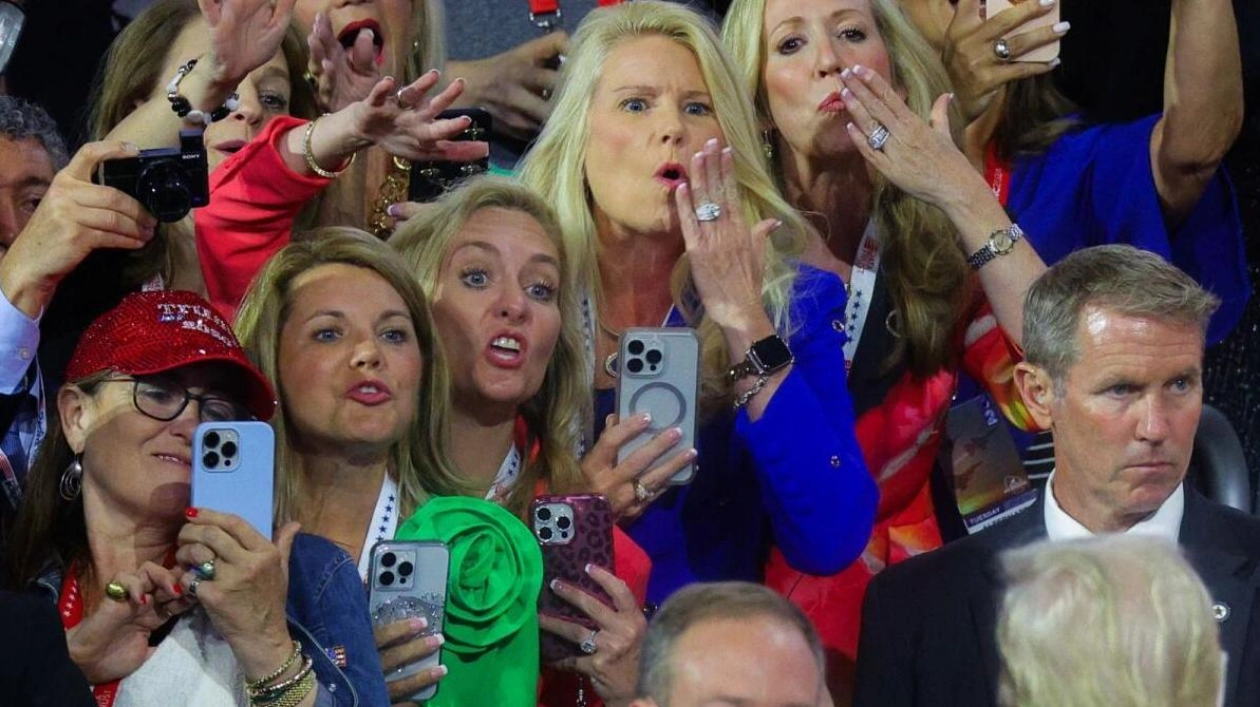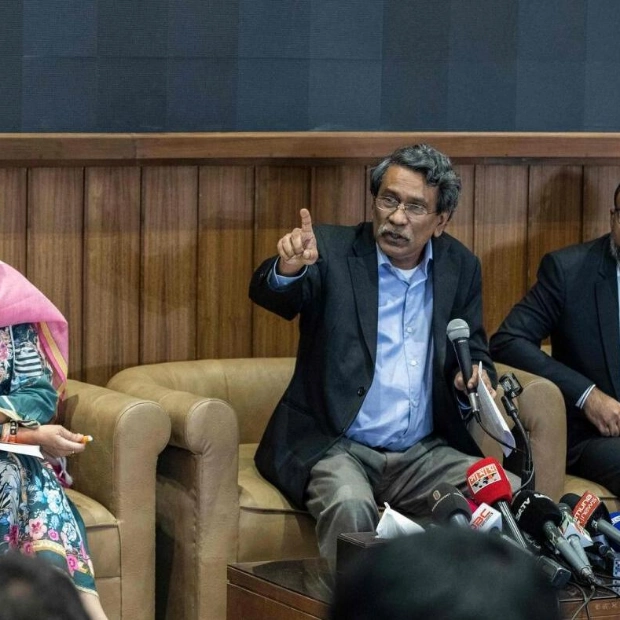Growing anticipation that ex-President Donald Trump might reclaim the presidency in November is intensifying the so-called Trump trade, fueled by beliefs that his administration's policies could boost corporate earnings while also raising concerns about the nation's long-term fiscal stability.
This dual perspective has been apparent in recent weeks, with investors adjusting their strategies in anticipation of a potential victory by the Republican candidate, following a lackluster debate performance by President Joe Biden in late June and the subsequent assassination attempt on Trump. Stock market investors are increasingly focusing on sectors that stand to gain from Trump's proposed policies, such as tax reductions and regulatory relaxations, including small-cap stocks and energy companies. These trends, coupled with expectations of interest rate cuts by the Federal Reserve in the near future, are driving a shift away from major technology stocks towards less favored market segments.
Conversely, the Treasury market reflects a different narrative, with some investors reducing their holdings in longer-term bonds due to worries about the fiscal implications of reduced tax income and increased government spending. Close Brothers, a UK merchant banking firm, estimates that a second Trump administration could lead to an additional $4 trillion to $5 trillion in government borrowing over a decade, potentially escalating inflation and negatively impacting bond values.
Despite these developments, many investors maintain that monetary policy and corporate profitability will remain the primary long-term influences on asset prices, with significant changes possible in the upcoming months leading to the election. Recent market movements offer a glimpse into how investors are positioning themselves in anticipation of a second Trump presidency.
JJ Kinahan, CEO of IG North America and president of online broker tastytrade, commented, "The market is signaling that the expectation is for a second Trump presidency, with all probabilities pointing in that direction." PredictIt, an online prediction site, reported on Tuesday that bets on a Trump victory have risen to 69 cents, up from 53 cents a month ago, while Biden's odds have dropped to 28 cents from 44 cents in mid-June. A recent Reuters/Ipsos poll also indicated a slight lead for Trump among registered voters, with 43% support compared to Biden's 41%.
The increased likelihood of a Trump victory has sparked a surge in various market segments, from small-cap stocks to cryptocurrency-related companies. For instance, Geo Group, a private prison operator, has seen its shares rise by 33% since the June debate, benefiting from Trump's promise to intensify efforts against illegal immigration. Similarly, Bitcoin miner Riot Platforms has gained 30% this week, mirroring the rally in Bitcoin prices following the assassination attempt on Trump.
The Russell 2000 index, which focuses on small-cap stocks, has climbed 11% since the debate, driven by expectations of continued low taxes under Trump and bets on an interest rate cut by the Fed in September. In contrast, the S&P 500 has only increased by 3.4% during the same period.
Brian Jacobsen, chief economist at Annex Wealth Management, noted, "The Trump trade revolves around the prospect of faster economic growth that favors domestic companies." King Lip, chief strategist at BakerAvenue Wealth Management, revealed that his firm has maintained a cautious position in small-cap stocks as a hedge against a Trump win.
Robert Christian, CIO at K2 Advisors, which invests in hedge funds, stated that many hedge funds have adjusted their portfolios in anticipation of a Trump victory, increasing their exposure to energy and financial sectors, which are expected to benefit from a more relaxed regulatory environment. However, some stocks, particularly those of European automakers, have faced challenges due to the potential for increased tariffs on foreign imports.
For bond investors, the concern is that a second Trump term could lead to higher inflation and larger fiscal deficits due to increased tariffs, government spending, and reduced tax revenues. Despite these concerns, Treasury yields have recently declined, influenced by expectations of a Fed rate cut amid indications of a slowing economy. However, these declines have been punctuated by sudden spikes in yields as Trump's prospects in the race have improved.
Richard Volpe, global head of linear rates at Nomura, described a significant sell-off following Trump's debate with Biden, with the benchmark 10-year yield rising by about 20 basis points in the two days following the debate, although it has since reversed that increase. Spencer Hakimian, CEO of Tolou Capital Management, is betting on weaker performance for longer-dated bonds due to the risks of lower taxes and tariffs leading to inflation.
Despite these market dynamics, some analysts believe that factors such as the Fed's interest rate trajectory will ultimately have a stronger impact on asset prices. UBS Global Wealth Management advises investors to invest in "quality" bonds and growth stocks, emphasizing the importance of preparing portfolios for a lower-rate environment driven by technological advancements.






